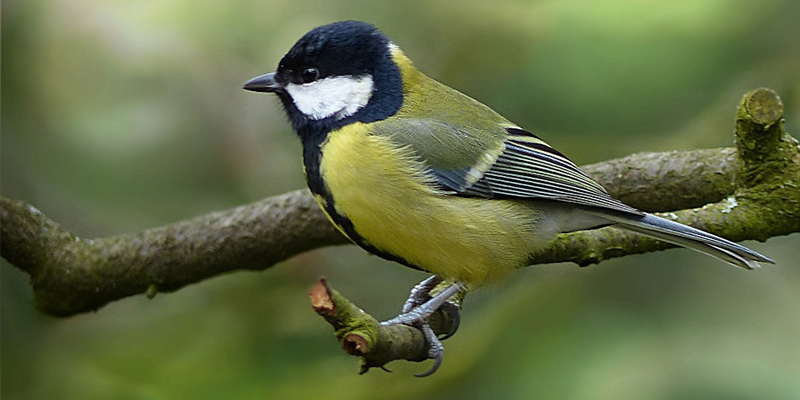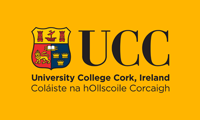News
Microbiome of Wild Birds plays a role in their ecology and evolution.

APC researchers at University College Cork have found that the gut microbiome affects the health of wild birds, which could impact their survival rates and ultimately population sizes. The first of its kind study published in Proceedings of the National Academy of Sciences (PNAS) provides direct evidence of the role of the gut microbiome in the ecology and evolution of natural populations.
The researchers manipulated a wild bird’s (the great tit Parus Major) microbiome by feeding them a microorganism known as Lactobacillus kimchicus, which belongs to a group of bacteria that are known to be beneficial to health.
Large quantities of this bacterium were cultured from the gut microbiome of nestling birds in 2020 and converted into a freeze-dried powder. In a woodland location in West Cork, pots of mealworms were placed outside bird’s nest boxes. A selection of nests received plain mealworms in pots and a selection received mealworms coated in freeze-dried Lactobacillus kimchicus bacteria. Taking the mealworms from the pots, the parent birds in the nests fed both themselves and the nestling birds. At various points throughout the nesting stage, the researchers measured the weight of the nestling birds and collected their faecal samples to examine their gut microbiota.
The researchers discovered that nestling birds fed with the added Lactobacillus had a different composition of bacteria in their gut microbiota and were also heavier in weight during the all-important growth period just before they fledge the nest, in comparison to the chicks fed without added bacterium.
The team comprised of researchers at APC Microbiome Ireland, a world-leading Research Ireland Centre, UCC’s School of Biological, Earth and Environmental Sciences (BEES), Teagasc Moorepark Food Research Centre, in collaboration with the University of East Anglia and the Co-Centre for Climate + Biodiversity + Water at Trinity College Dublin.
"While laboratory studies have shown that the microbiome can affect the health of rodents and humans, very few studies have looked at the microbiome of wild animals. Calories in the wild are hard to come by, much harder, for example, than for humans in contemporary society. This means any advantage an individual can get will be important for their survival. Our findings are significant because we show that the gut microbiome can give its host a likely survival advantage in the wild," said lead author of the study, Dr. Shane Somers, who conducted the study as part of his PhD in the School of BEES and APC Microbiome Ireland at UCC.
Professor John Quinn, School of BEES, said: "Culturing bacteria from hosts is very difficult. Most probiotics used are off-the-shelf and not necessarily adapted to the animal they are given to. This study is different because we isolated the strain directly from the faeces of wild birds and fed it back to them. Why the strain we isolated and cultured is beneficial is not clear but our analysis suggests that it is most likely linked to carbohydrate and protein metabolism."
Co-author of the study, Dr Gabrielle Davidson, University of East Anglia said: "Our research suggests that replenishing essential gut microbes could play a key role in helping wildlife adapt and survive. Probiotics could become an important tool for wildlife conservation in the future."
Professor Paul Ross, Director of APC Microbiome Ireland, said: "Lactobacillus kimchicus was isolated from a wild bird in the laboratory of Professor Catherine Stanton at Teagasc Moorepark Food Research Centre, where it was fully characterised and prepared for the study. This publication is significant in that it is a very rare example of the ability to positively manipulate the gut microbiome of an animal in the wild."
Read Paper on PNAS Manipulating a host-native microbial strain compensates for low microbial diversity by increasing weight gain in a wild bird population | PNAS


